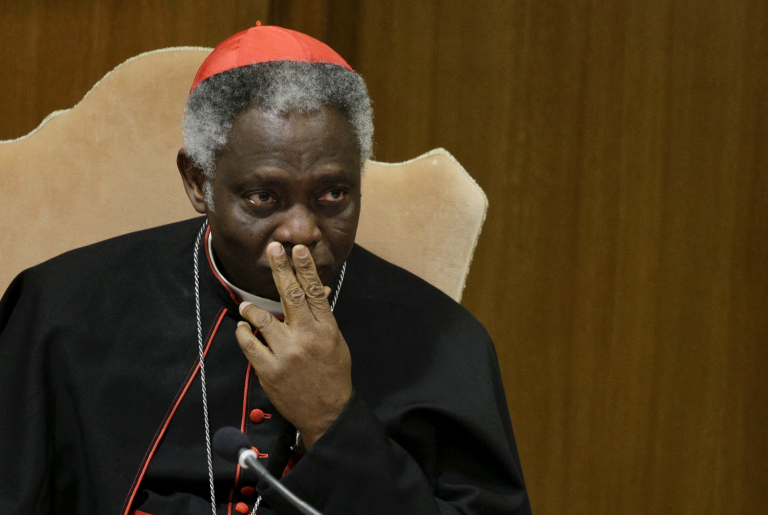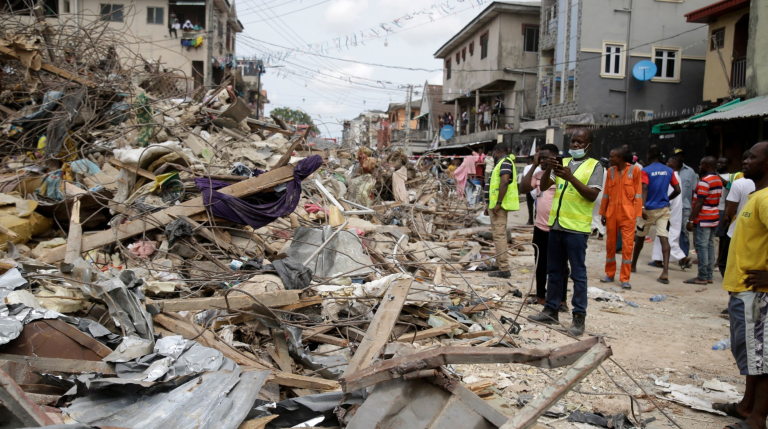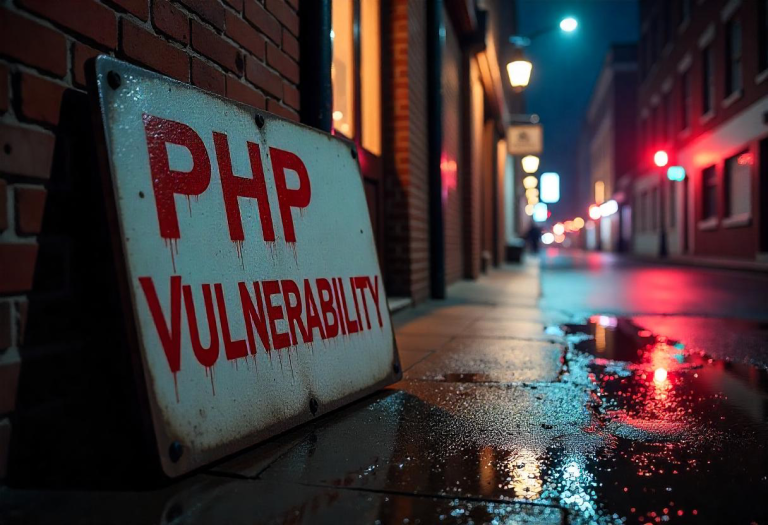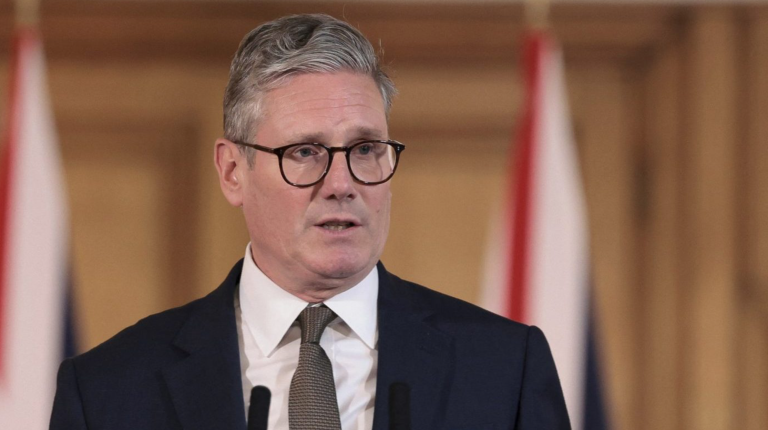
The suspension of Senator Natasha Akpoti-Uduaghan by the Nigerian Senate after accusing Senate President Godswill Akpabio of sexual harassment has once again highlighted Nigeria’s dismissive attitude toward sexual abuse.
Recall that Nigerian lawmakers suspended Senator Natasha Akpoti-Uduaghan for six months after she submitted a petition alleging that she had been sexually harassed by the Senate President. Akpoti-Uduaghan first made the accusations against one of the country’s top politicians, Godswill Akpabio, in an interview on March 7, 2025. After dismissing her petition on procedural grounds, the ethics committee recommended her suspension, stating that she had brought “public opprobrium” to the upper chamber of the National Assembly.
Sexual abuse in Nigeria has long been a serious yet underreported issue due to cultural stigma, fear of retaliation, weak legal enforcement, and societal norms that discourage survivors from speaking out. The suspension of Senator Natasha Akpoti-Uduaghan is further proof of this reality. See What Company Culture is and isn’t.
Let’s take a look at critical factors that contribute to Nigeria’s dismissive attitude toward sexual abuse:
1. Patriarchal And Cultural Norms
In 2019, reports emerged detailing human rights abuses at the Maiduguri Maximum Security Prison, including the sexual abuse of women and children. Charles Okah, an inmate, documented instances where an 11-year-old boy with autism was held in a cell with condemned criminals who sexually assaulted him. Amnesty International’s investigation corroborated these accounts, highlighting the prison’s role in perpetuating sexual violence.
Nigerian society’s deeply ingrained patriarchal norms contribute significantly to the underreporting of sexual abuse. Victim-blaming is prevalent, and survivors frequently face skepticism and societal ostracism. A 2025 report highlighted that Nigerian women and children endure daily sexual assaults but often remain silent due to fear of stigma and prejudice. Official responses are typically muted, with law enforcement agencies showing reluctance to pursue such cases diligently. In fact, in an attempt to defend Senator Akpabio, one senator claimed that the victim, Natasha, “lacked respect” for the accused.
2. Religious Stigma
In June 2019, photographer Busola Dakolo, wife of Nigerian singer Timi Dakolo, publicly accused Pastor Fatoyinbo of raping her when she was a teenager. In an interview, Dakolo detailed the alleged incident, stating that Fatoyinbo had taken advantage of her vulnerability during her youth.
This accusation sparked widespread outrage across Nigeria, leading to protests in major cities such as Abuja and Lagos. The public’s reaction highlighted deep-seated frustrations over the prevalence of sexual violence and the perceived inadequacies in addressing such issues.
In response to the allegations, Pastor Fatoyinbo denied the claims but announced he would take a leave of absence from his pastoral duties.
Following Dakolo’s accusation, other individuals came forward with similar allegations against Fatoyinbo. A former staff member of COZA shared her experience, detailing how Fatoyinbo allegedly manipulated and sexually assaulted her under the guise of spiritual guidance. She recounted instances where he used his position to exploit her, leading to emotional and psychological distress.
Religious communities in Nigeria often place their leaders on a pedestal, treating them as spiritual authorities beyond reproach. As a result, when allegations arise, many congregants rush to defend their pastors rather than acknowledge the possibility of misconduct. Victims are frequently accused of trying to tarnish the church’s reputation, fabricating stories for financial gain, or being used by “enemies of the faith” to bring down God’s anointed. This culture of silence and victim-blaming discourages others from speaking out, perpetuating a cycle of abuse.
3. Weak Legal Protection & Law Enforcement Challenges
The BBC’s “Sex for Grades” investigation, aired in October 2019, uncovered widespread sexual harassment by university lecturers in Nigeria and Ghana. The documentary featured undercover footage implicating several academics, notably Dr. Boniface Igbeneghu and Dr. Samuel Oladipo from the University of Lagos (UNILAG).
Before 2015, Nigeria lacked a comprehensive national law addressing sexual violence. The Violence Against Persons (Prohibition) Act (VAPP) 2015 marked a significant milestone by criminalizing rape, domestic violence, and other forms of abuse. However, enforcement remains severely lacking. Corruption within law enforcement frequently results in cases being dismissed, with perpetrators often bribing their way out of prosecution, leaving survivors without justice.
Despite these measures, people have raised concerns about the effectiveness of policies addressing sexual harassment in Nigeria, citing insufficient engagement with underlying gender inequality issues.
Conclusion
Sexual abuse in Nigeria has long been shrouded in silence, with survivors often discouraged from speaking out due to stigma, societal pressures, and a weak legal enforcement system. Although awareness has grown and legal frameworks like the Violence Against Persons (Prohibition) Act (VAPP) 2015 have been introduced, implementation remains inconsistent. Corruption, victim-blaming, and institutional inefficiencies continue to hinder justice, allowing perpetrators to evade accountability. Real change demands not just stronger laws but also a cultural shift that prioritizes survivor protection and holds offenders accountable.
- The Death of Fish Magnet and Why Kidnapping Continues to Thrive in Nigeria - August 2, 2025
- The Fall of Intelligence - July 10, 2025
- UK to Tighten Visa Rules for Nigerians and Pakistanis Due to Overstaying Concerns - May 7, 2025
Discover more from TruthPost
Subscribe to get the latest posts sent to your email.








